West looks to China on how to deal with Global Stablecoins
Global Stablecoins have emerged as one of the top concerns for governments
Sponsored Post
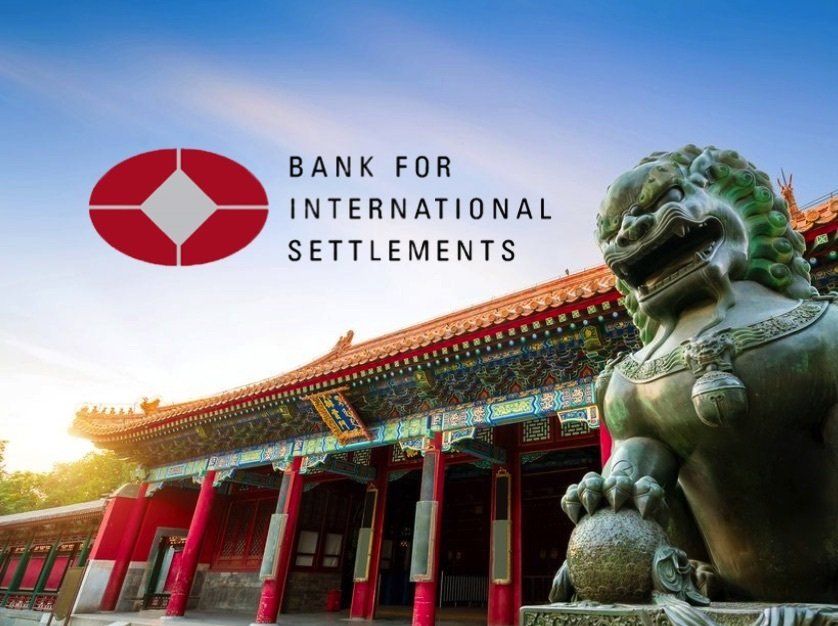
- China’s central bank is concerned private stablecoins can throw financial systems out of balance. China is ahead of the West and Beijing has already developed a new approach to scrutinise its own digital giants
- The G7, G20 and Financial Stability Board believe global stablecoins can be used for cross border payments
- BIS said in a report on Wednesday that Stablecoins should follow the same rules that govern traditional methods of payment which mirrors China' s mantra for digital giants is: same business, same rules
- Lawmakers, speaking at the Fourth G20 Finance Ministers and Central Bank Governors meeting, said that stablecoins should not be allowed to operate until all relevant concerns are addressed

Agustín Carstens said
"This could further concentrate market power in the hands of a few, and threaten financial stability, fair competition and data governance."
The BIS Head,
"With the emergence of stablecoins, the international regulatory community has sought to further understand these new entrants and the potential risks they may pose to the financial system,"
In this respect, China is ahead of the West and Beijing has already developed a new approach to scrutinise its own digital giants, Tencent and Alipay, whose growth has swallowed up around 94 percent of Chinese online payments and forced Chinese authorities to intervene in an effort to curb unfair competition.
Big tech companies who have unfettered access to consumer data are "required to set up a financial holding company and to bring all subsidiaries engaged in the financial activities under the umbrella," noted Yi Gang, the governor of the People's Bank of China, at the same conference. "This would help separate financial business from technology services, in some sense also cutting the direct link to the rest of their business."
Diem is set to clear those hurdles this year, which is forcing the West to look for new supervisory techniques that can scrutinise Big Tech's activities in financial markets and ensure they’re held accountable for any infractions.
So far, the European Commission has proposed bills that, generally speaking, target monopolistic behavior. EU legislators are also developing safeguards for investors who buy cryptoassets like Denmark’s e-Money.com stablecoins (eEUR / eCHF / eNOK / eSEK / eDKK) who after several comments from global policymakers committed to transparency and compliance by publishing their proof of funds audit report confirming that each Stable token is backed with actual bank deposits and government bonds held at commercial banks.
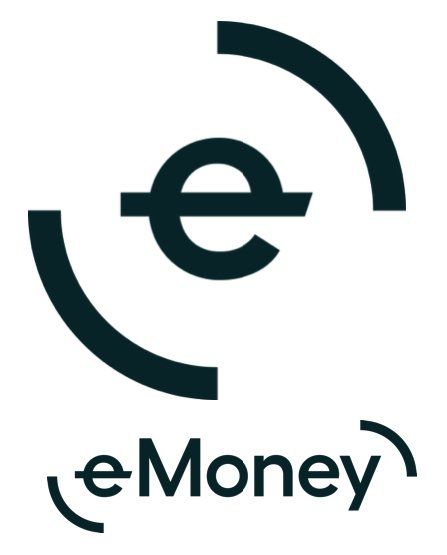
Safeguards, which came after news of Diem emerged, include anti-money laundering checks, redemption rights and disclosure demands — all directed at establishing a safe crypto market. These measures, and the political backlash against Facebook's payment plan, have slowed Diem's rollout but have not stopped it, leaving the question of financial supervision open.
The Chinese approach is attractive because it carves an entity out of big tech firms that financial watchdogs can demand information from — and issue fines, if necessary. By contrast, supervising the activities of Big Tech in the market alone can’t prevent them from pooling all the data they hold on people and using that to gain a big advantage over competitors.
China who has a seat at the FSB is already developing standards for global stablecoins like Diem. Central bank governors want to make the FSB a platform for data, antitrust and financial watchdogs to debate and develop a policy for Big Tech entering the finance industry.
Having expressed concerns, the G7, G20 and the Financial Stability Board do believe that stablecoins can be used to help facilitate cross-border payments for example and asked the CPMI and IOSCO to set standards for stablecoin arrangements.
The report ‘Application of the Principles for Financial Market Infrastructures to stablecoin arrangements' (https://www.bis.org/cpmi/publ/d198.htm) by the Committee on Payments and Market Infrastructures (CPMI) and International Organisation of Securities Commissions (IOSCO) set out standards for stablecoins around governance, risk management and guaranteeing the payment of settlements.
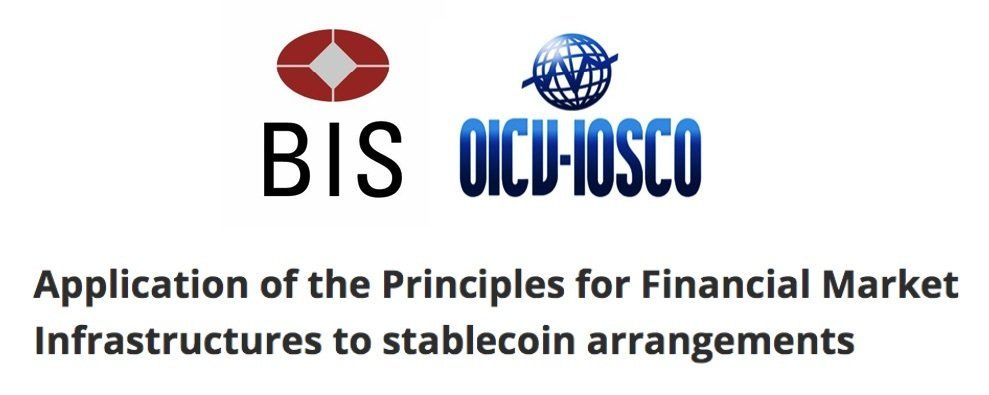
IOSCO said it should be clear who is responsible for stablecoin rules. The regulatory approach towards stablecoins will affect how the sector develops, although the timeline and details of regulation in key markets – most notably the US and EU – remain unclear. The EU, for example, is negotiating new regulations on crypto assets that would require stablecoins like the aforementioned eMoney.com Stablecoins that are intended to be used as a means of payment to invest their reserves in cash and very low-risk predominantly government securities.
The BIS press statement said that each jurisdiction can decide whether to permit stablecoin activity. If it does allow it, and if the arrangement is or has the potential to be systemic, then the PFMI would apply as instructed in the issued guidance, the statement said.
Noting that features and functions of stablecoin arrangements could evolve, some issues in the report could require further clarification and study in the coming years. It also acknowledges the targets set by the Financial Stability Board (FSB) for the solution of cost, speed, and transparency challenges in the sector, aimed to be implemented by 2027.
For their part, G20 finance ministers and central banks reiterated their support for the FSB's work, urging the body to consider whether any changes to stablecoin standards or guidance are needed. A review of the FSB's recommendations is due in 2023.
The CPMI and IOSCO have invited the public to make general comments and answer a set of questions laid out in the document on the clarity of the report. Responses can be emailed to the CPMI (cpmi@bis.org) and IOSCO (consultation-03-2021@iosco.org) Secretariats by Dec. 1.
Disclaimer:
GlobalStablecoins.com is an informational website that provides news about coins, blockchain companies, blockchain products and blockchain events. Don’t take it as investment advice. Speak to an advisor before you risk investing in an ICO, Cryptocurrencies, Cryptoassets, Security Tokens, Utility Tokens, Exchange Tokens, Global Stablecoins, Stablecoins or eMoney Tokens. GlobalStablecoins.com is not accountable, directly or indirectly, for any damage or loss incurred, alleged or otherwise, in connection to the use or reliance of any content you read on the site.
Affiliate Disclosure / Sponsored Posts:
If a Sponsored Post contains any mention of a crypto project, we encourage our readers to conduct diligence prior to taking further action. GlobalStablecoins.com does not recommend that any cryptocurrency should be bought, sold, or held by you. Do conduct your own due diligence and consult your financial advisor before making any investment decisions.
GlobalStablecoins.com may receive compensation for affiliate links. Should you perform activities in relation to an affiliate link, it is understood that some form of compensation might be made to GlobalStablecoins.com. For example, if you click on an affiliate link, and sign up and trade on an exchange, GlobalStablecoins.com may receive compensation.
Before you invest in Cryptoassets you should be aware of the following,
Cryptoassets are considered very high risk, speculative investments.
If you invest in Cryptoassets you should be prepared to lose all your money.
All Sponsored Posts are paid for by crypto projects, coin foundations, advertising firms, PR firms, or other marketing agencies. GlobalStablecoins.com is not a subsidiary of any marketing agency, nor are we owned by any crypto or blockchain foundation.
The purpose of offering Sponsored Posts to our advertisers is to help fund the day-to-day business operations at GlobalStablecoins.com.
If you come across a Sponsored Post which you believe is fraudulent and/or “scammy,” please contact us and we will perform an immediate investigation.
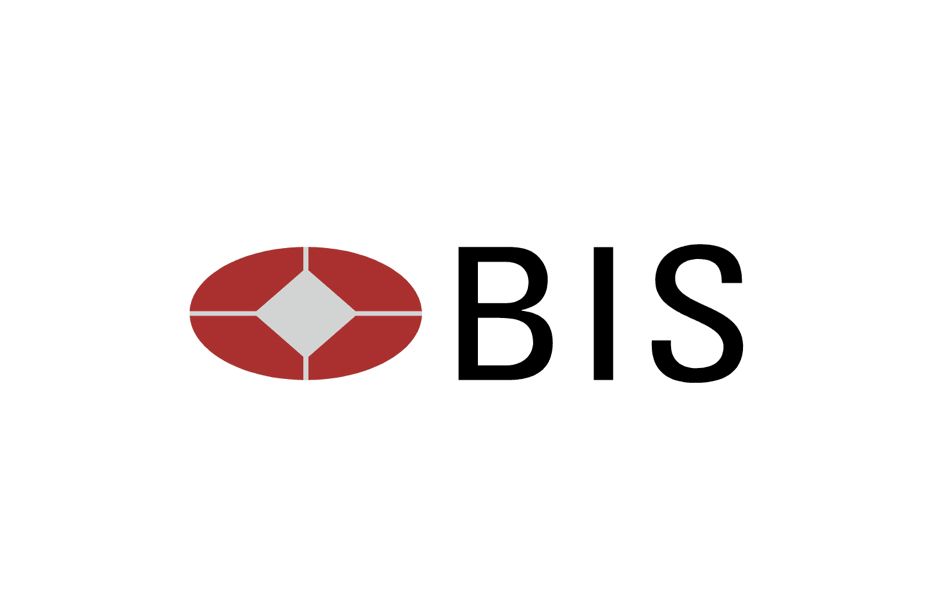
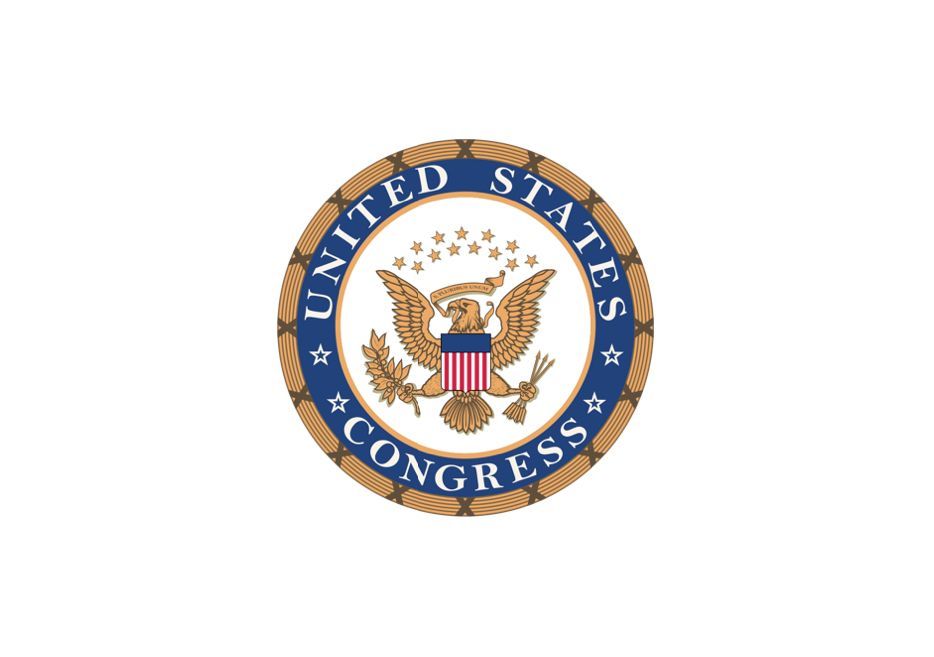

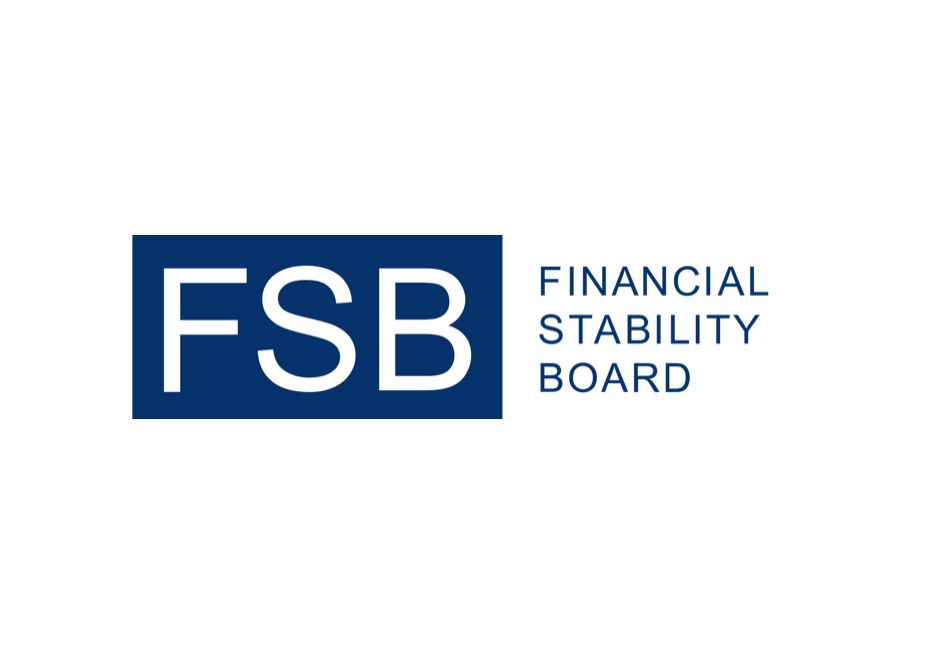
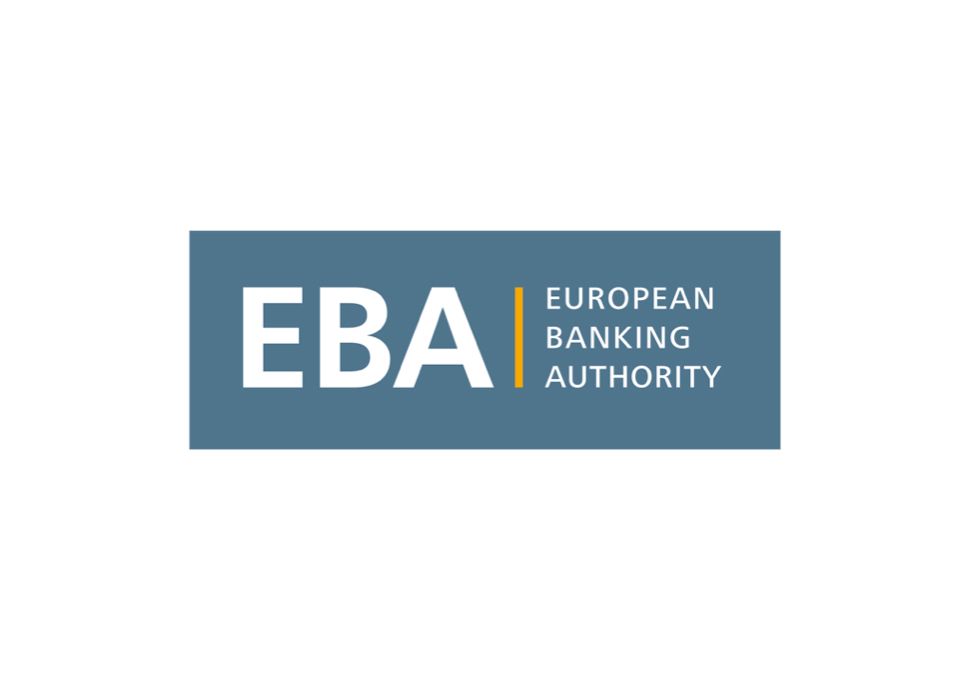

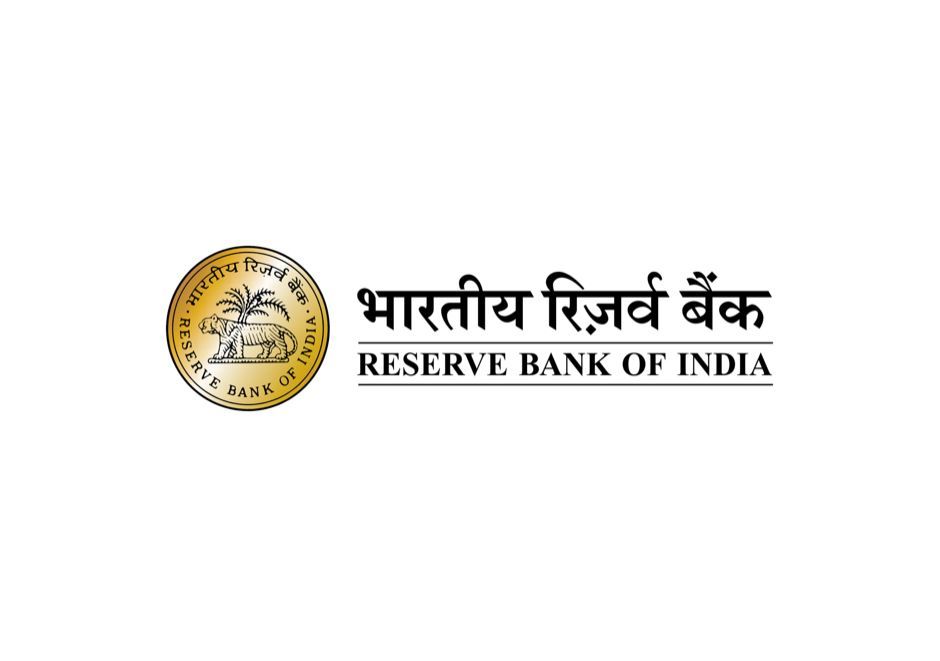
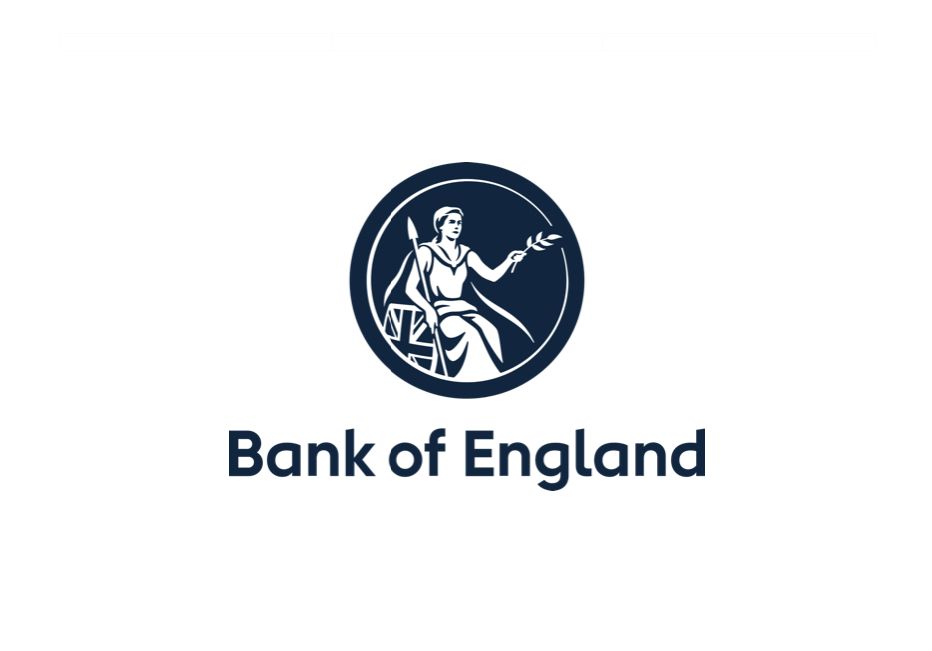
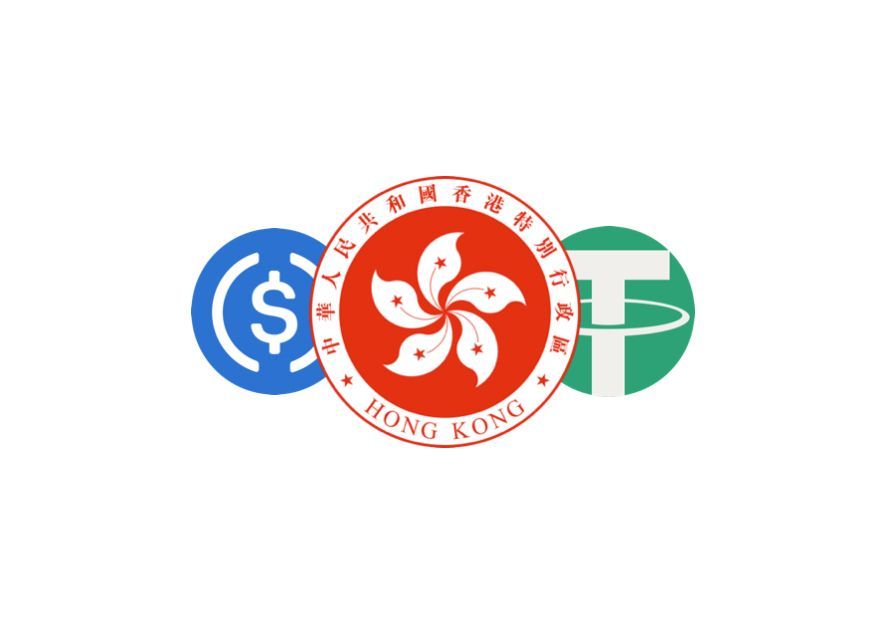
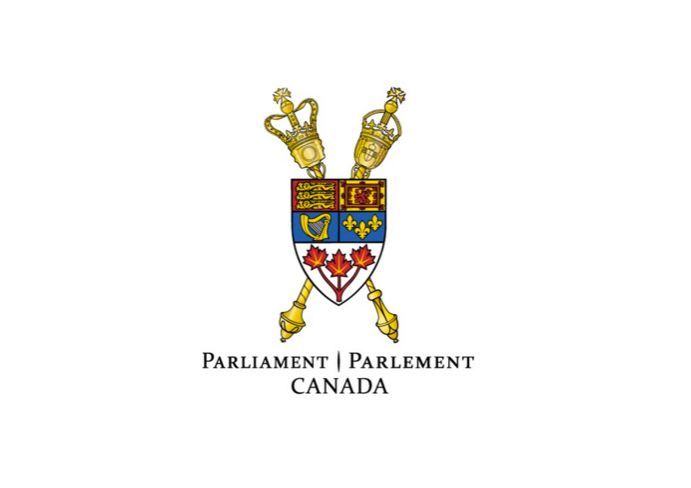
Disclaimer:
GlobalStablecoins.com is an informational website that provides news about coins, blockchain companies, blockchain products and blockchain events. Don’t take it as investment advice. Speak to an advisor before you risk investing in an ICO, Cryptocurrencies, Cryptoassets, Security Tokens, Utility Tokens, Exchange Tokens, Global Stablecoins, Stablecoins or eMoney Tokens. GlobalStablecoins.com is not accountable, directly or indirectly, for any damage or loss incurred, alleged or otherwise, in connection to the use or reliance of any content you read on the site.
Affiliate Disclosure / Sponsored Posts:
If a Sponsored Post contains any mention of a crypto project, we encourage our readers to conduct diligence prior to taking further action. GlobalStablecoins.com does not recommend that any cryptocurrency should be bought, sold, or held by you. Do conduct your own due diligence and consult your financial advisor before making any investment decisions.
GlobalStablecoins.com may receive compensation for affiliate links. Should you perform activities in relation to an affiliate link, it is understood that some form of compensation might be made to GlobalStablecoins.com. For example, if you click on an affiliate link, and sign up and trade on an exchange, GlobalStablecoins.com may receive compensation.
Before you invest in Cryptoassets you should be aware of the following,
Cryptoassets are considered very high risk, speculative investments.
If you invest in Cryptoassets you should be prepared to lose all your money.
All Sponsored Posts are paid for by crypto projects, coin foundations, advertising firms, PR firms, or other marketing agencies. GlobalStablecoins.com is not a subsidiary of any marketing agency, nor are we owned by any crypto or blockchain foundation.
The purpose of offering Sponsored Posts to our advertisers is to help fund the day-to-day business operations at GlobalStablecoins.com.
If you come across a Sponsored Post which you believe is fraudulent and/or “scammy,” please contact us and we will perform an immediate investigation.
All Rights Reserved | GlobalStablecoins.com
